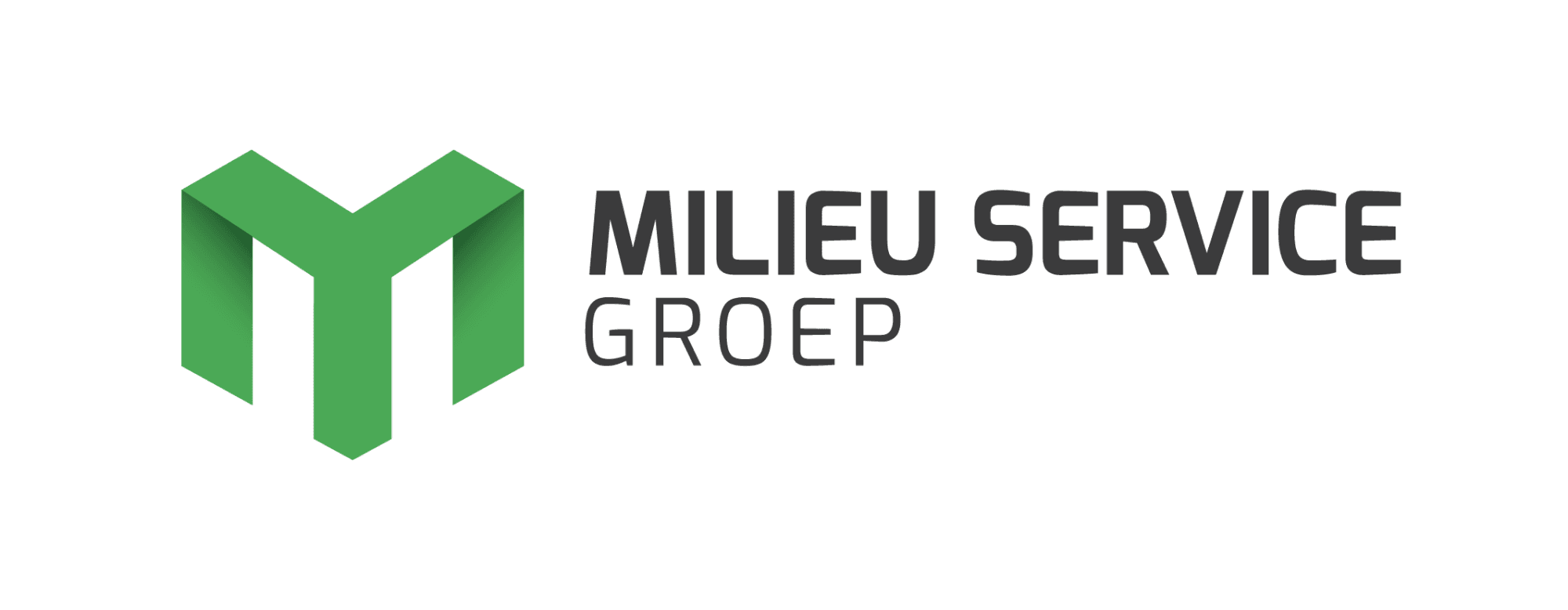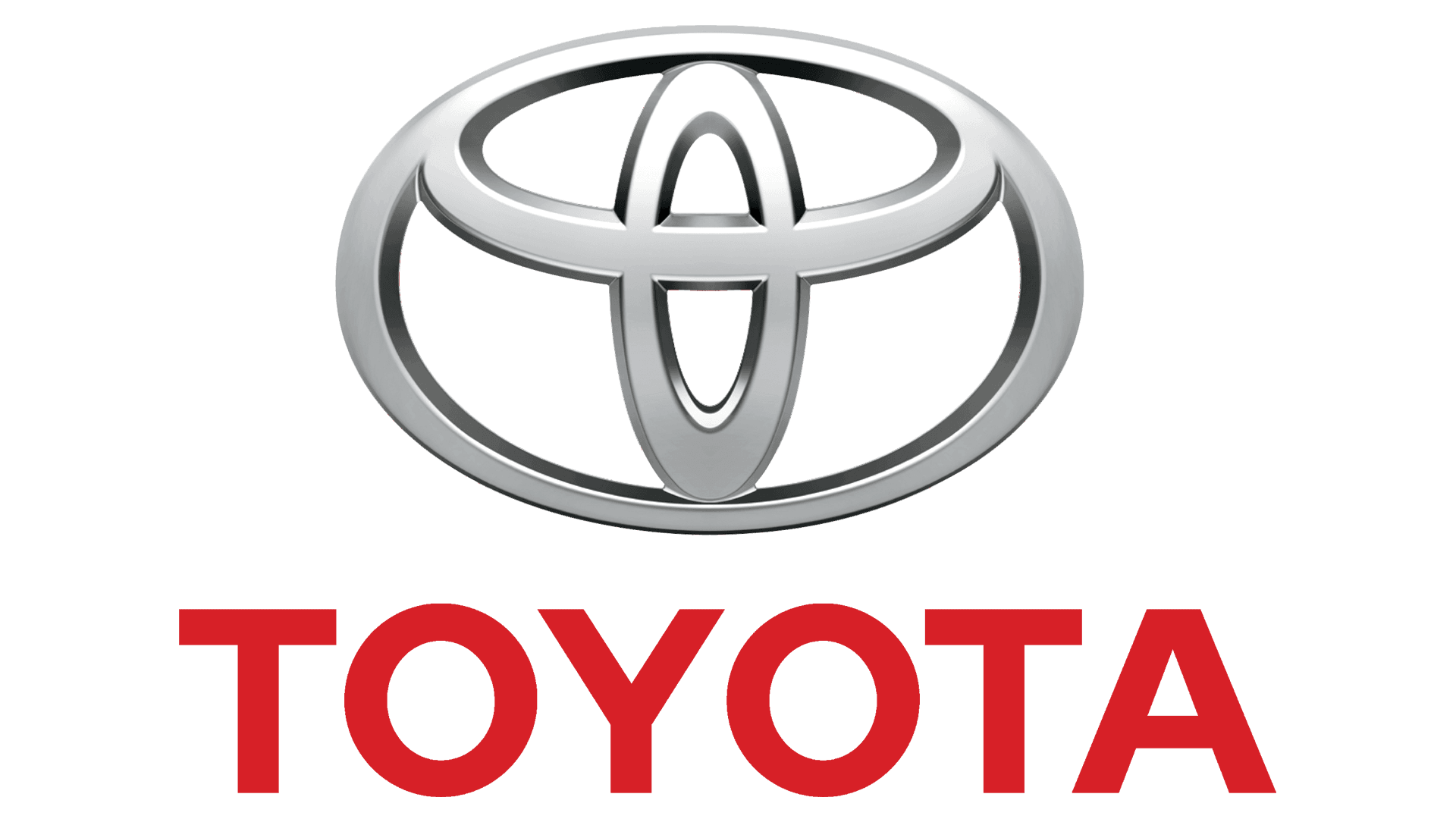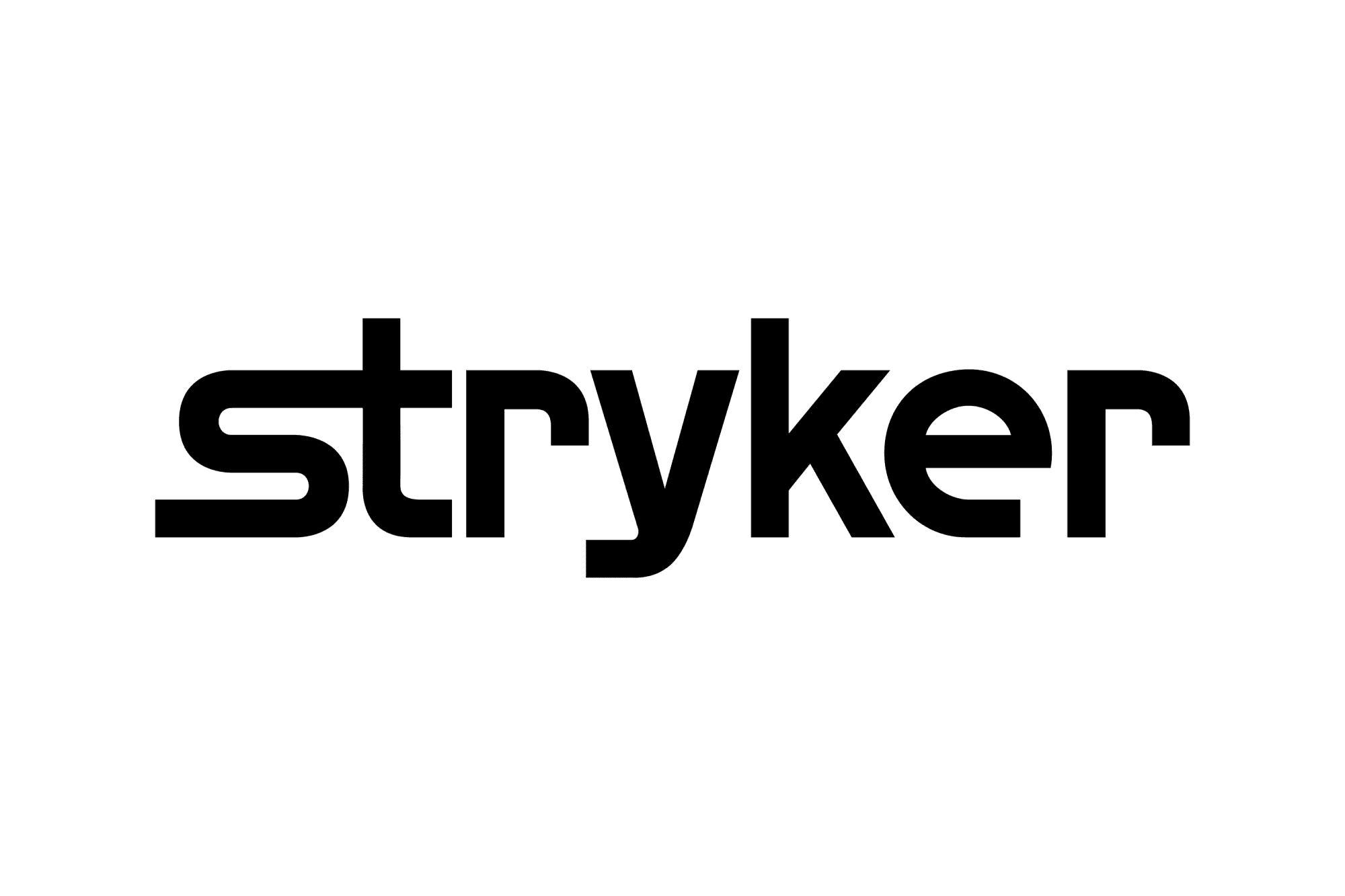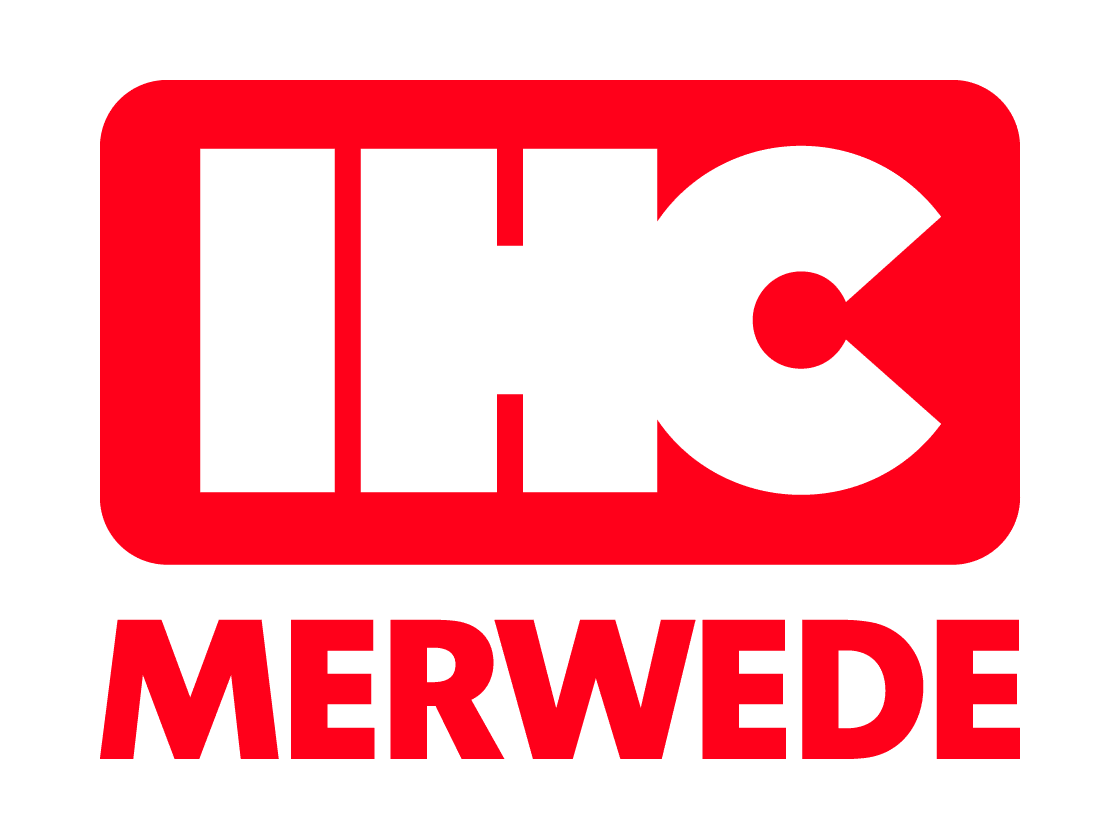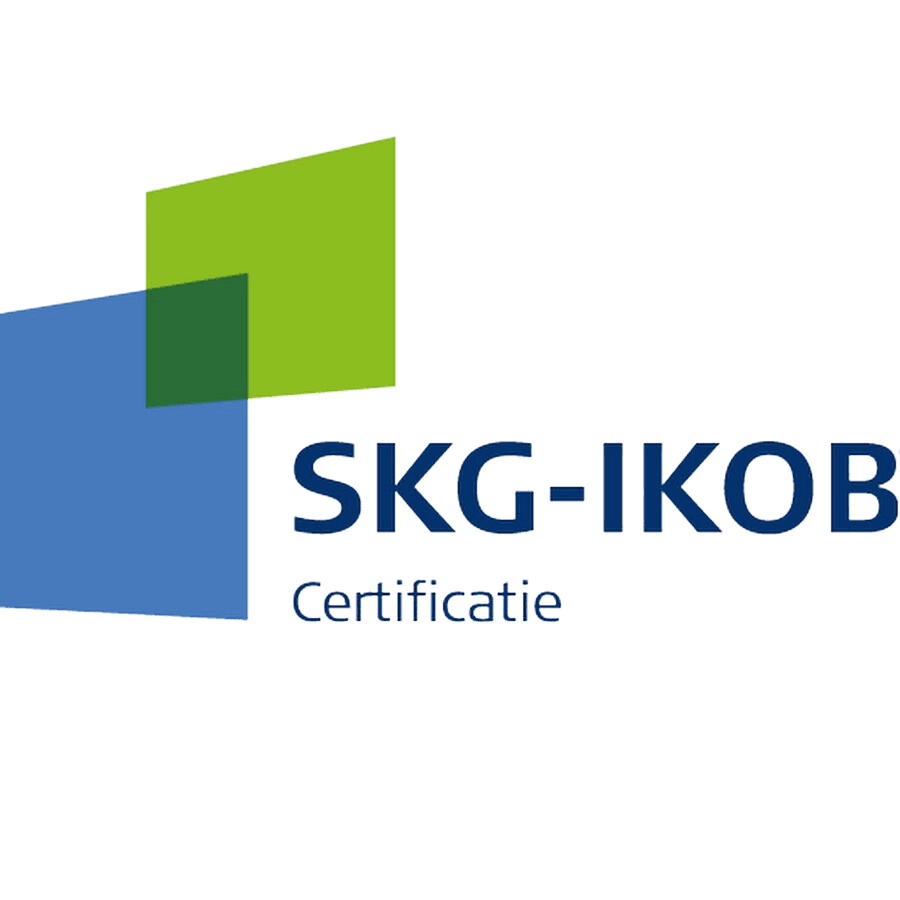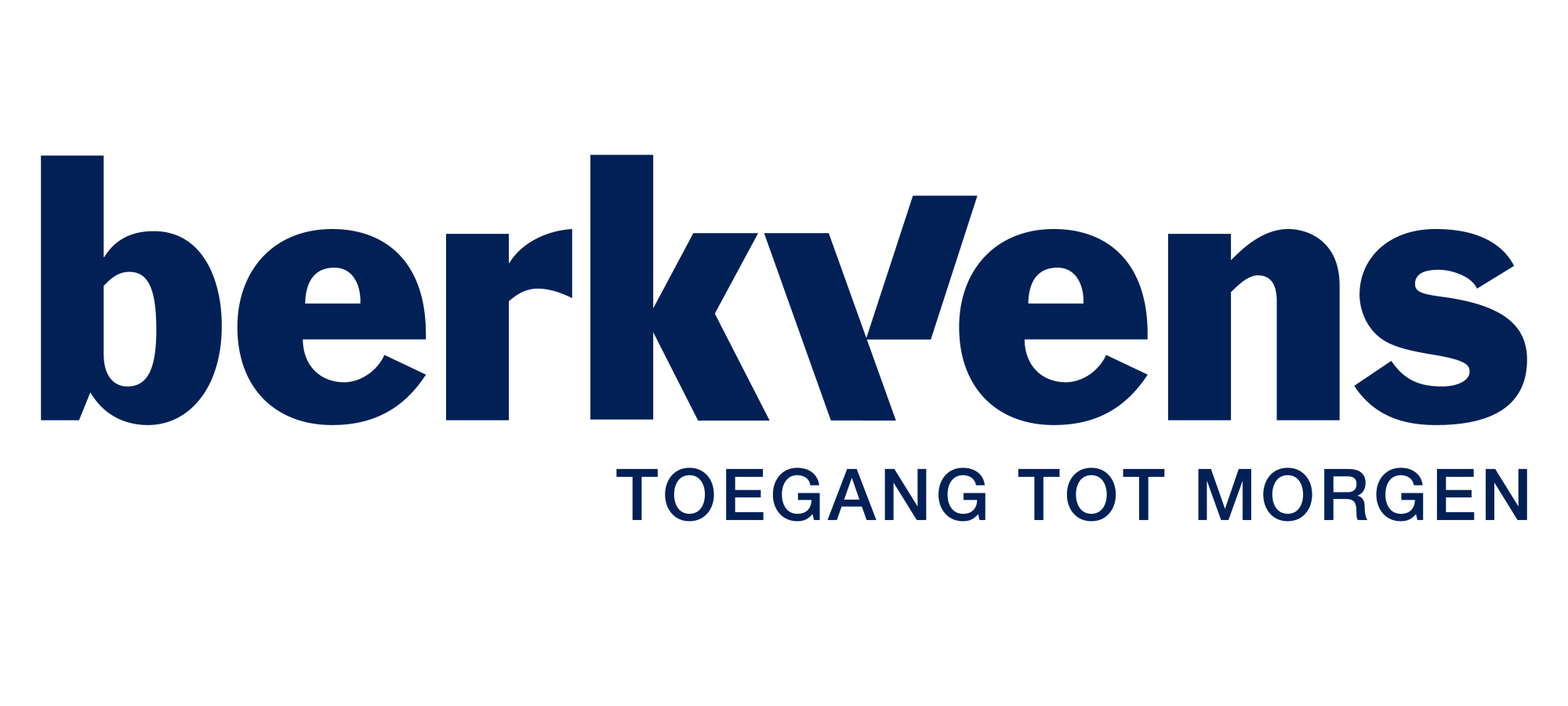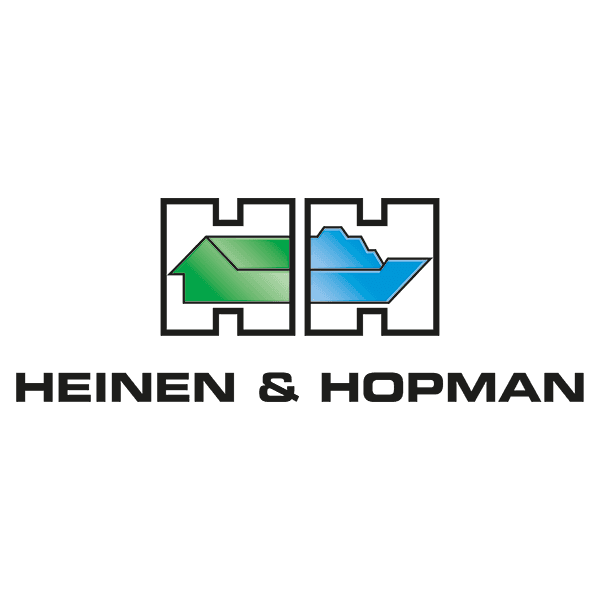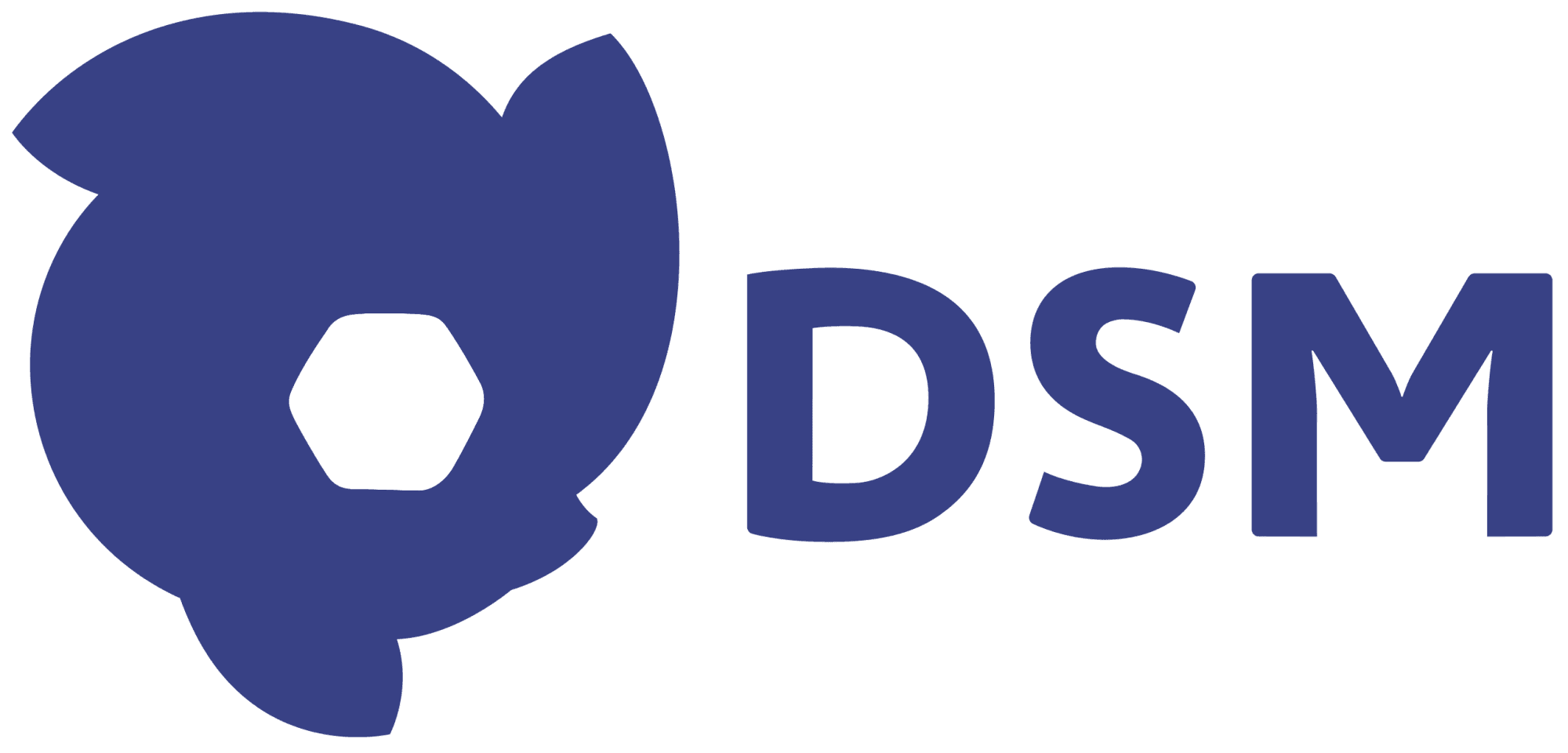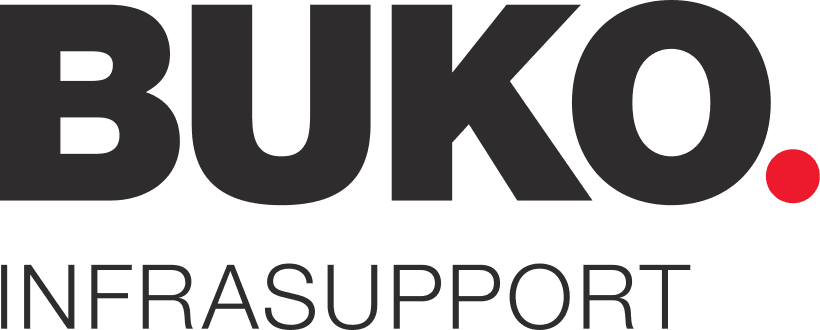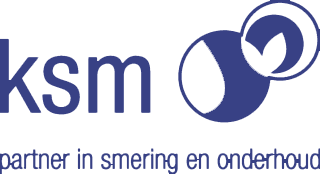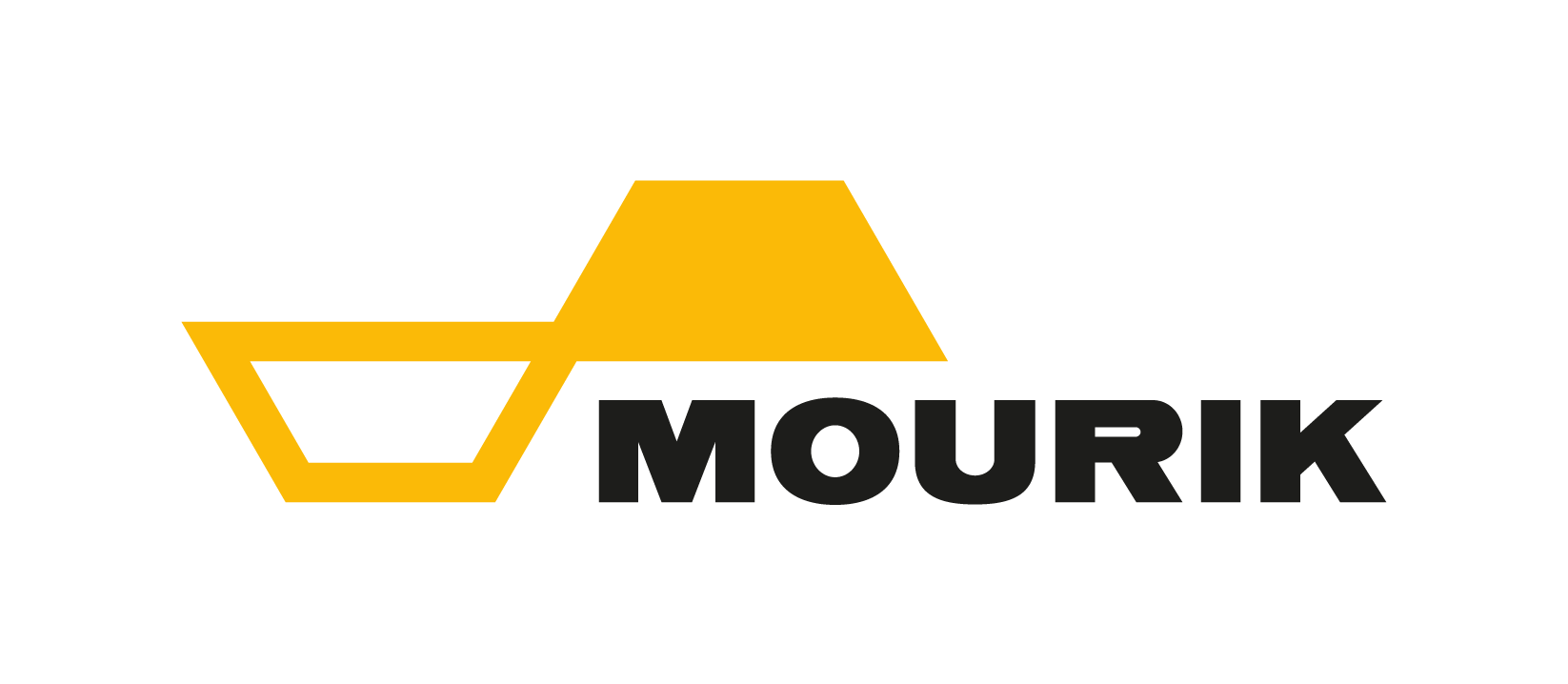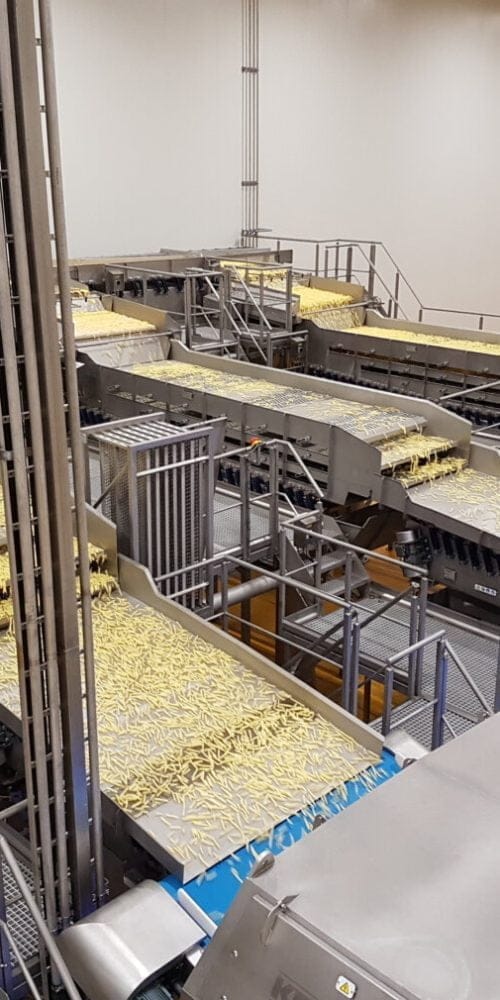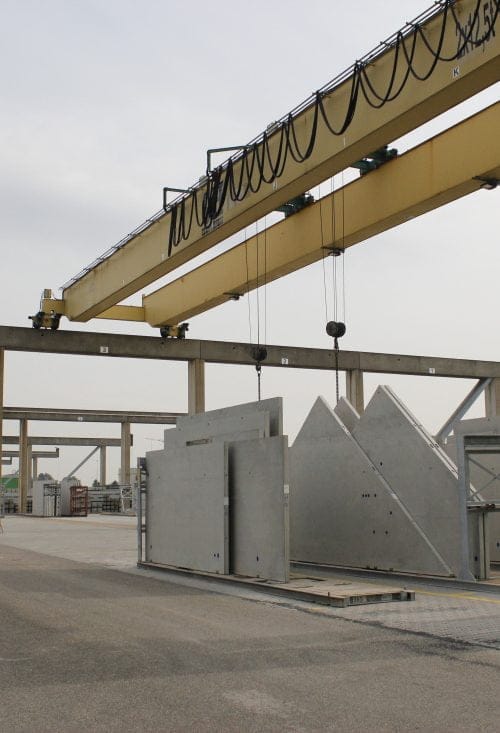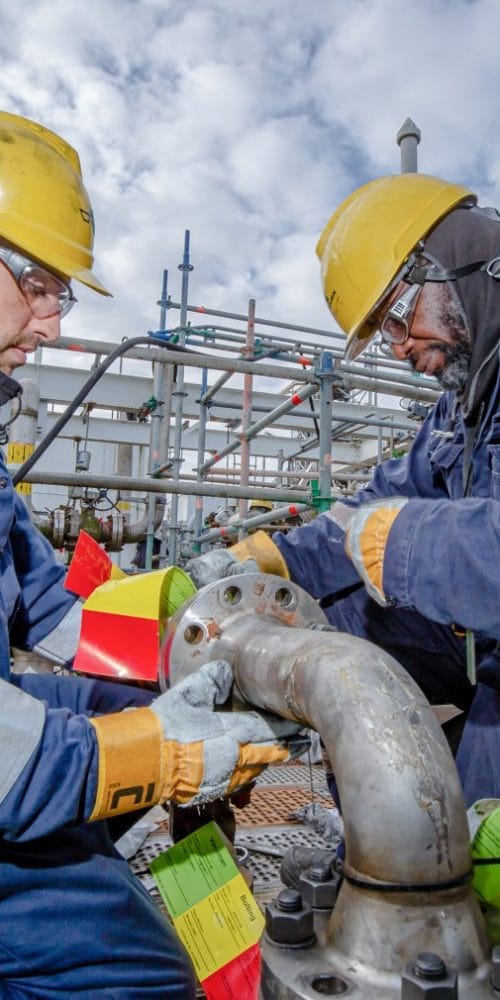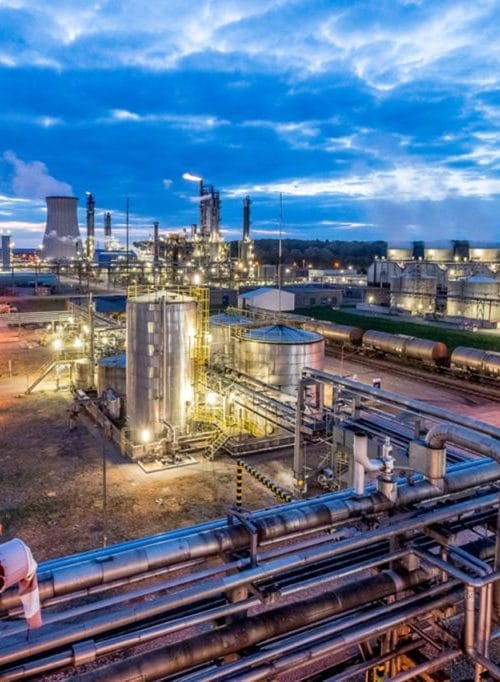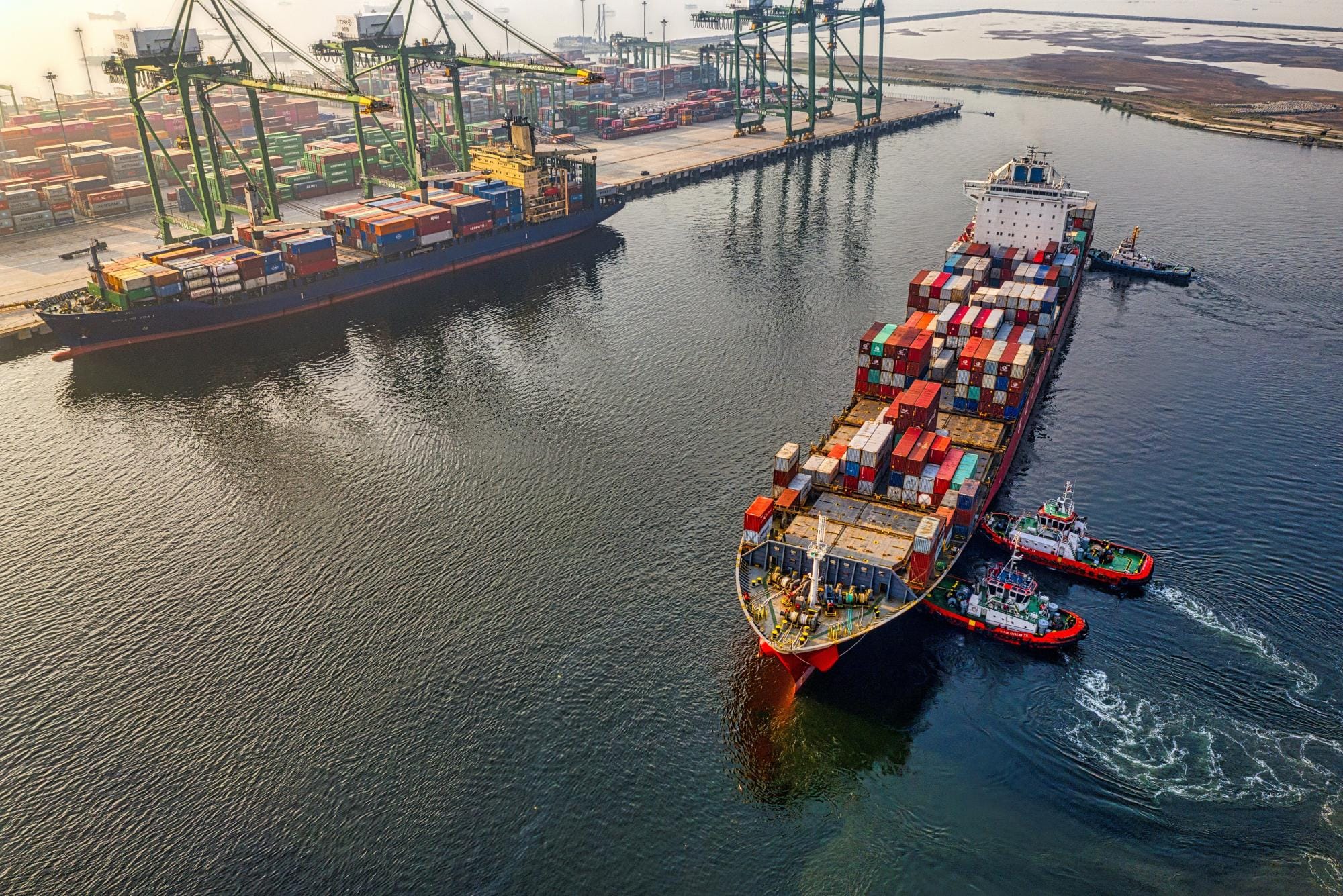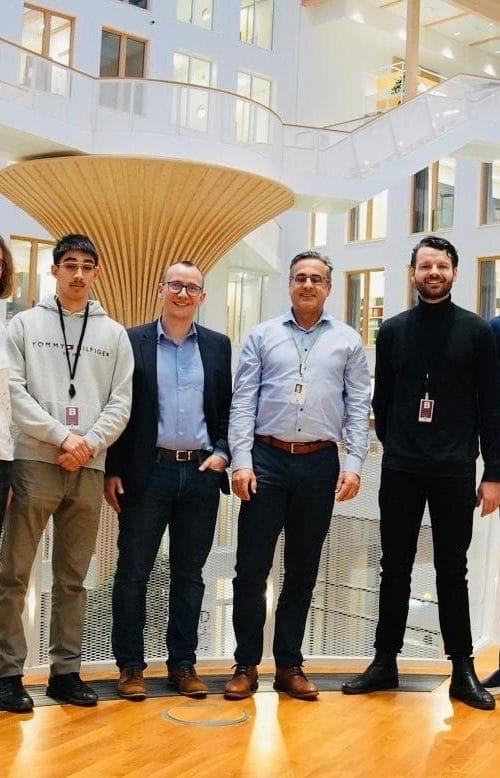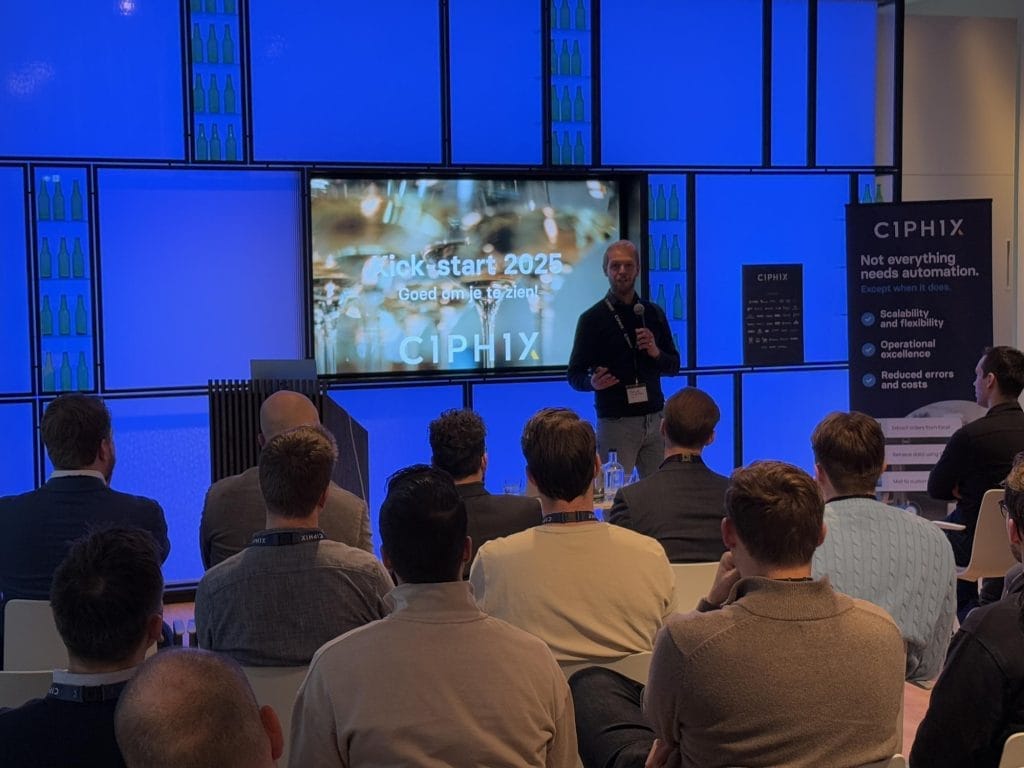Manufacturing
Your production runs at full speed, but manual checks take up a lot of time. Your customers have increasingly high demands. Simultaneously, you have to deal with strict sustainability policies, a shortage of personnel and outdated systems. Meanwhile, the pressure to work more efficiently and digitise faster is growing. Does this sound familiar?
Digital transformation in manufacturing is not a simple update; it requires an approach that focuses on accuracy, reliability and insight. You need technology that not only speeds up processes, but also supports your teams and makes your supply chain smarter.
At Ciphix, we understand the specific challenges that industrial and manufacturing companies face every day. That’s why we help you work faster, more efficiently and future-proof with smart automation and innovative technologies. This way you stay in control of your processes and stay competitive in a changing market.
We will take you further!
Digitise manual and repetitive tasks
More room for value-added work.
Optimal insight
Obtain and gather information for insight into your planning and supply chain.
Modernise legacy software
Free your organisation from the limitations of outdated software.
Digitisation in Manufacturing
As a manufacturing organisation, you face the daily challenge of designing processes more efficiently, controlling costs and responding quickly to market changes. But how do you keep your operations running smoothly without inefficient workflows and manual processes hindering your growth?
At Ciphix, we understand that digitisation is not an end in itself, but a means to make your organisation more agile, smart and productive. That’s why we help you with smart automation and innovative technologies to eliminate operational obstacles and relieve your teams.
Imagine quality controls automatically recorded without errors, your mechanics working more efficiently through real-time AI-driven insights, and your supply chain performing optimally through predictive analytics and automated workflows. With our custom solutions, we ensure that your organisation not only saves time and costs, but is ready for the future.
Your challenge is our expertise. With in-depth knowledge of process automation, machine learning and data-driven optimisation, we guide you step by step in your digital transformation. We ensure that technology is not only implemented, but actually works for your people and processes.
Ciphix helps you take the next step – so you can stay focused on what really matters: a stronger, more flexible and competitive organisation.
Experts in complex applications
Complex maintenance procedures, extensive inventory management or an outdated application landscape? These are exactly the issues many industrial companies struggle with. These challenges slow down processes, increase costs and make it harder to stay agile.
At Ciphix, we understand how complicated digitisation can seem. But we don’t see obstacles-we see opportunities. Together, we identify the biggest bottlenecks and areas for improvement and develop the best solution for your specific situation. Whether it’s automation, process optimisation or smart technologies, we help you move forward with concrete, workable solutions that make an impact.
Together, let’s take the next step toward a more efficient and future-proof organisation.
Automatic reporting
More accurate planning
More efficient workflows
Enabling customisation
Modernise legacy software
Optimal insight
What people say about us
What do we do in the industry?
Frequently asked questions:
How do you build the right application for a client?
Always start with clearly identifying the customer problem. It is common that applications are developed without first fully understanding what problem an application is supposed to solve. To avoid this pitfall, we begin always with a Design Thinking – session to develop a “shared understanding‘ to create. This approach provides a structured way to deeply analyse what the core problem is, for whom it provides what value, and how best to build or improve applications.
What is intelligent automation and how can it improve production?
Intelligent automation combines technologies such as Robotic Process Automation (RPA), Artificial Intelligence (AI), and machine learning to automate repetitive and manual tasks in manufacturing processes. By speeding up processes and increasing efficiency, it can help companies reduce costs, minimise errors, and improve overall productivity. This leads to faster time-to-market and higher customer satisfaction.
How can AI and machine learning improve manufacturing processes?
AI and machine learning can analyse large amounts of data to provide predictive insights such as predicting machine downtime, optimising production schedules and improving quality control. By integrating these technologies, manufacturers can monitor and adjust processes in real-time for maximum efficiency and minimum downtime, resulting in cost savings and increased production capacity.
What specific challenges can Low-Code help solve in the manufacturing sector?
Low-Code can address several industry challenges, such as complex data integration, legacy systems, and the need for rapid innovation. Through visual development tools and flexible integration capabilities, companies can quickly build solutions to fit their specific needs.
How does Low-Code ensure that industrial companies remain competitive in a rapidly changing market?
Low-Code enables industrial companies to remain agile and respond quickly to new opportunities and challenges. By reducing development time and accelerating time-to-market, companies can strengthen their competitive position and continue to deliver value to customers.
How can RPA (Robotic Process Automation) improve efficiency in manufacturing?
RPA enables manufacturers to automate repetitive tasks such as order processing, inventory management and quality control. By reducing human error and performing tasks faster, RPA can increase overall efficiency, allowing employees to focus on more strategic and valuable tasks. This ensures improved flow of production processes and higher product quality.
How can integration of systems and technologies increase productivity in production?
Integrating different systems such as ERP, CRM and manufacturing software through APIs and other integration technologies provides a seamless flow of data between systems. This makes it possible to better align processes, share real-time information and respond faster to changes. Integrations help eliminate data entry errors, increase transparency and improve decision-making in the manufacturing environment.
Challenge us!
Complicated maintenance procedures, extensive inventory management or an outdated application landscape? We are Low-Code experts in complex environments, and we are happy to help.





